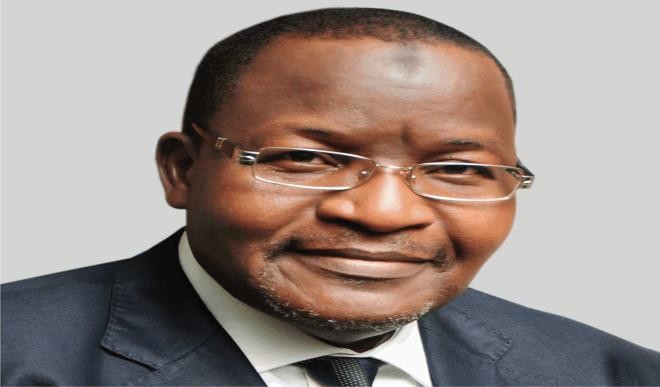NCC sets up 18-member inter-agency committee on research and development
In order to actualize and deepen the impact of Research and Development on the telecommunications sector, the Nigerian Communications Commission (NCC) recently inaugurated an 18-member inter-agency committee to achieve this. The mandate of this committee is primarily to evaluate Research submissions to aid the growth of the sector beyond where it is now. The committee […]


In order to actualize and deepen the impact of Research and Development on the telecommunications sector, the Nigerian Communications Commission (NCC) recently inaugurated an 18-member inter-agency committee to achieve this.
The mandate of this committee is primarily to evaluate Research submissions to aid the growth of the sector beyond where it is now. The committee whose membership is drawn from different professions including the academia is chaired by Prof. Muazu Mohammed Bashir of the Ahmadu Bello University, Zaria.
Executive Vice Chairman (EVC) of the NCC, Prof. Umar Garba Danbatta who inaugurated the committee at the headquarters of NCC in Abuja told the committee that the aim is to find local solutions to the challenges of the industry and this is in tandem with the policy of President Muhammadu Buhari’s Administration for Nigerians to find lasting solutions to the challenges facing the country.
Prof. Danbatta stated that in order to achieve this goal, the Commission decided to deliberately utilize the capacity found in the Academia and to redirect it towards getting involved in research activities that can impact on businesses and society which will consequently bring about the development of new products and services for the industry.
The EVC listed some recent developments in the Commission to include the creation of Research and Development Department to consolidate all research activities thereby giving research activities a priority attention.
Not too long ago this year, the Commission hosted Stakeholders’ Consultative Forum with the academia involving Vice Chancellors drawn from 61 Universities across the country in consultation with the National University Commission (NUC) where the frank discussions and contributions of the participants emphasized the importance of relationship between the academia and the industry and how best to benefit from that relationship. The response to the advert requesting for research proposals from the academia was quite encouraging this year. Records of the Research and Development Department showed that 96 submissions were recorded this year as against 56 of the previous year.
The research topics ranging from issues of pipeline protection to herdsmen tracking and so on manifestly justify the efforts of the Commission in making investment into Research activities by the Academia. The EVC told the Committee to give every entry a fair opportunity by critically evaluating every document in order to achieve a fair assessment of every submission.
The proposal must meet the following criteria:
• Clear statement and evaluation of the problem.
• Proposed solution to the problem
• Clear relevance to the telecommunication industry
• Coast reasonableness (cost of actualizing the idea excluding furniture and allowances.
• Schedule of project organization
• Coherent presentation/packaging of concept and
• Integration of research with education (capacity building of students via implementation of the project in the institution).
In her welcome address, the Head of Research and Development, Mrs. Iyabo Sholanke said that the EVC, coming from the academia decided to review the configuration of the Commission in order to fully execute the 8-point agenda to achieve the strategic plan of the Commission. This brought about the birth of the department of Research and Development. According to her the programme is a cardinal effort of the Commission to boost activities in the academia and create new value propositions for various stakeholders.
She enjoined the committee members to ensure that the exercise will not be an open-ended one but efforts should be made to put timeline that will be realistic within the period stipulated which is first week of December, 2017.
